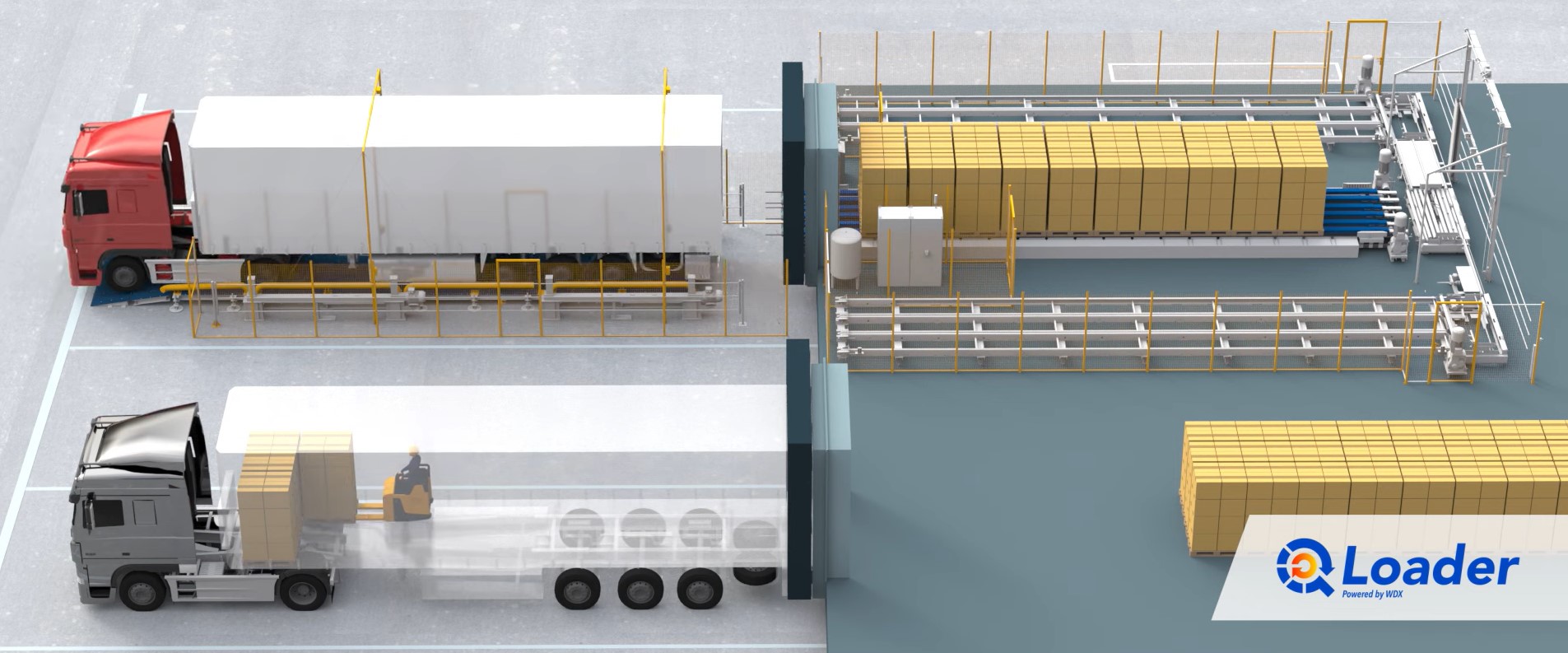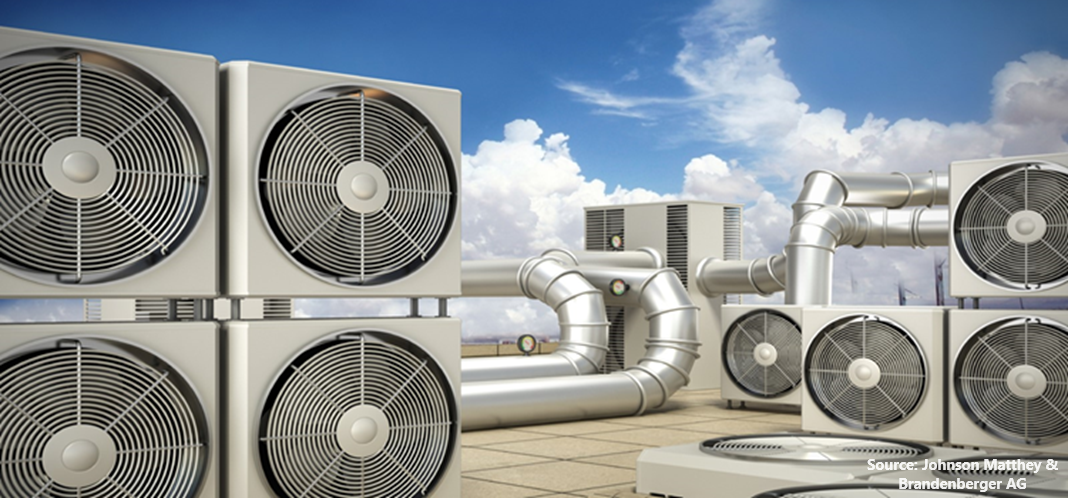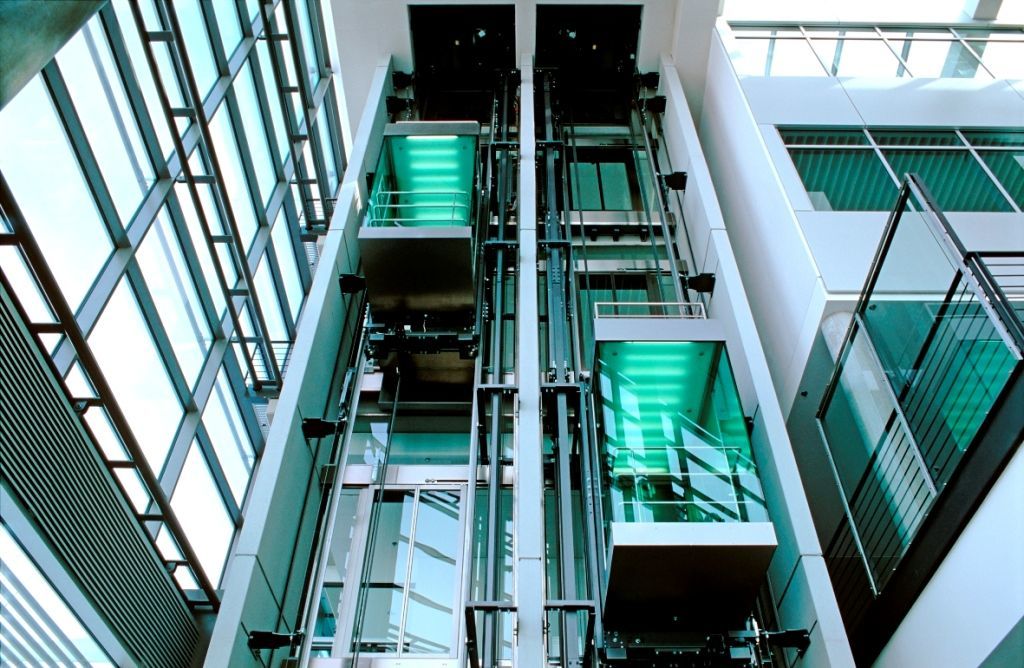
Japan HVAC Systems Market by Equipment (Cooling Equipment, Heating Equipment, and Ventilation), by Implementation Type (New Construction and Retrofit), and by End User (Residential, Commercial, and Industrial) - Opportunity Analysis and Industry Forecast, 2024– 2030
Industry: Construction & Manufacturing | Publish Date: 18-Apr-2024 | No of Pages: 119 | No. of Tables: 87 | No. of Figures: 52 | Format: PDF | Report Code : N/A
Market Definition
The Japan HAVC System Market size was valued at USD 9.37 billion in 2023, and is predicted to reach USD 15.68 billion by 2030, at a CAGR of 7.1% from 2024 to 2030.
HVAC (Heating, Ventilation, and Air Conditioning) refers to the technology and systems used in buildings to regulate indoor environmental conditions such as temperature, humidity, and air quality to ensure comfort and safety for occupants. Heating systems provide warmth during colder months, ventilation systems circulate and replenish indoor air, and air conditioning systems cool and dehumidify indoor air during warmer months.
HVAC systems offer several advantages, including improved occupant comfort and health, increased energy efficiency leading to cost savings, better indoor air quality through filtration and ventilation, precise temperature control for enhanced productivity in commercial settings, and protection of building infrastructure from extreme weather conditions. Additionally, these systems can be designed to meet specific requirements, contributing to sustainability goals by reducing carbon emissions and promoting eco-friendly practices in building operations.
Growing Demand for Improved Indoor and Outdoor Air Quality Drive the HVAC System Market
The burgeoning demand for heightened indoor and outdoor air quality is a primary driver behind the escalating growth trajectory of the HVAC system market. Increasing awareness regarding the pivotal role of air quality compels both residential and commercial property owners to prioritize investments in HVAC systems capable of effectively filtering and purifying indoor air while simultaneously mitigating outdoor emissions.
Consequently, there is a noticeable uptick in the demand for advanced HVAC systems integrating state-of-the-art filtration technologies such as HEPA filters and UV-C light sterilization, designed to eradicate pollutants, allergens, and pathogens from indoor environments. This prevailing trend incentivizes HVAC manufacturers to innovate and introduce novel solutions focused on enhancing air quality, thereby fueling the expansion of the HVAC system market.
Environmental Concerns Drive Growth in the HVAC Systems Industry
Environmental concerns are a driving force behind the growth of the HVAC systems industry. Heightened awareness of climate change, air pollution, and ozone depletion has intensified the push for sustainable practices and regulatory compliance. Governments around the world are implementing measures to mitigate the environmental impact of HVAC systems, prompting manufacturers to invest in eco-friendly technologies.
The HVAC systems industry is undergoing substantial growth influenced by environmental factors. With increasing awareness of climate change, air quality degradation, and ozone layer depletion, there is a growing imperative for sustainable practices and regulatory alignment. Governments globally are instituting policies to reduce the environmental impact of HVAC systems, spurring innovation in eco-conscious technologies.
Price Volatility of Raw Materials Restrains the Growth of the HVAC system Market
The escalation of raw material costs is attributable to various factors, including inflation and supply chain disruptions, thereby exerting adverse effects on the manufacturing expenses associated with HVAC systems.
The amplified costs of indispensable raw materials such as steel, copper, and aluminum notably exacerbate production expenditures for HVAC manufacturers. Consequently, small and mid-size HVAC enterprises confront margin constraints, adversely influencing their profitability and capacity for research and development investments. This constricts market growth prospects.
Integration of Solar-Powered HVAC Systems Creates Opportunity Growth for the Market
The utilization of solar-powered HVAC systems, harnessing photovoltaic technology for heating, ventilation, and air conditioning operations, emerges as a promising avenue for market expansion within the HVAC industry.
Through the installation of these systems, featuring solar panels positioned atop rooftops or designated areas, consumers can markedly diminish reliance on grid electricity, resulting in substantial energy cost savings. With continuous enhancements in solar panel efficiency, energy storage capabilities, and system integration methodologies, solar-powered HVAC solutions are increasingly becoming economically viable.
Moreover, these systems not only mitigate carbon emissions but also promote sustainability, in alignment with escalating environmental concerns and regulatory mandates worldwide. The burgeoning demand for energy-efficient and environmentally friendly alternatives among businesses and homeowners underscores the compelling opportunity for market growth through widespread adoption of solar-powered HVAC systems, fostering innovation and investment in renewable energy technologies within the HVAC sector.
Competitive Landscape
The market players operating in the Japan HVAC System market include Midea Group Co Ltd, Daikin Industries Ltd., Gree Electric Appliances Inc., Johnson Controls International Plc., Carrier Global Corporation, Samsung Electronics Co., Ltd., Trane Technologies Plc., LG Electronics Inc., Panasonic Holdings Corporation, Lennox International Inc. and others.
Japan HVAC System Market Key Segments
By Equipment
-
Cooling Equipment
-
Unitary Air Conditioners
-
Variable Refrigerant Flow Systems (VRF)
-
Chillers
-
Room Air Conditioners
-
Coolers
-
Cooling Towers
-
-
Heating Equipment
-
Heat Pumps
-
Furnaces
-
Unitary Heaters
-
Boilers
-
-
Ventilation
-
Air-handling Units (AHUs)
-
Air Filtration Systems
-
Ventilation Fans
-
HRVs & ERVs
-
Air Purification Systems
-
Others
-
By Implementation Type
-
New Construction
-
Retrofit
By End User
-
Residential
-
Commercial
-
Industrial
REPORT SCOPE AND SEGMENTATION:
|
Parameters |
Details |
|
Market Size in 2023 |
USD 9.37 Billion |
|
Revenue Forecast in 2030 |
USD 15.68 Billion |
|
Growth Rate |
CAGR of 7.1% from 2024 to 2030 |
|
Analysis Period |
2023–2030 |
|
Base Year Considered |
2023 |
|
Forecast Period |
2024–2030 |
|
Market Size Estimation |
Billion (USD) |
|
Growth Factors |
|
|
Companies Profiled |
10 |
|
Market Share |
Available for 10 companies |
|
Customization Scope |
Free customization (equivalent up to 80 working hours of analysts) after purchase. Addition or alteration to country, regional, and segment scope. |
|
Pricing and Purchase Options |
Avail customized purchase options to meet your exact research needs. |
KEY PLAYERS
-
Midea Group Co Ltd.
-
Daikin Industries Ltd.
-
Gree Electric Appliances Inc.
-
Johnson Controls International Plc.
-
Carrier Global Corporation
-
Samsung Electronics Co., Ltd.
-
Trane Technologies Plc.
-
LG Electronics Inc.
-
Panasonic Holdings Corporation
-
Lennox International Inc.




 Speak to Our Analyst
Speak to Our Analyst


































